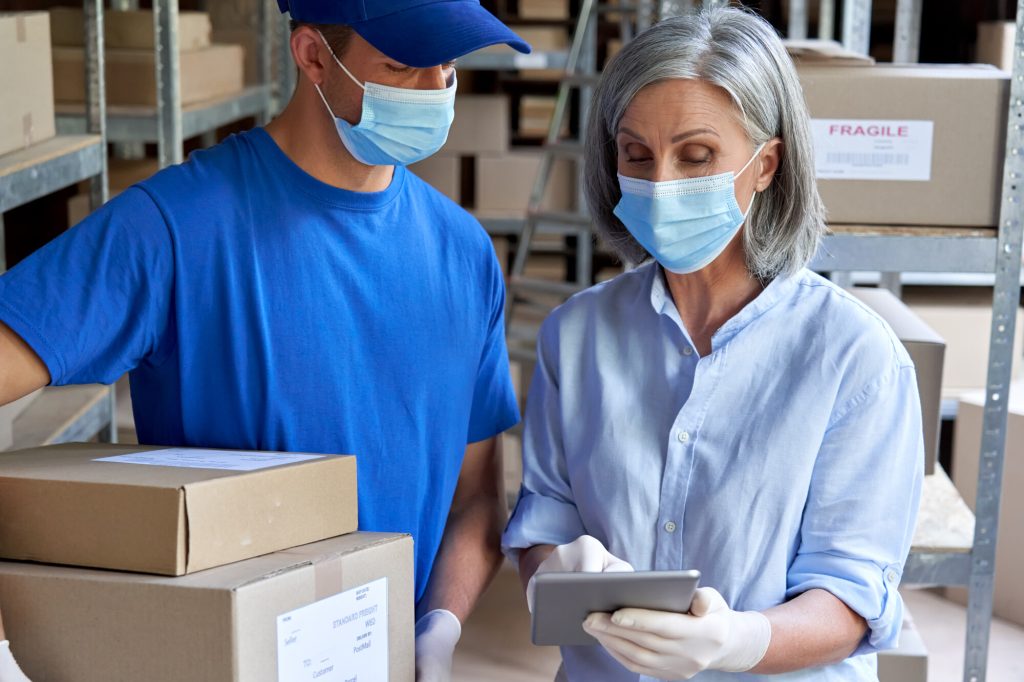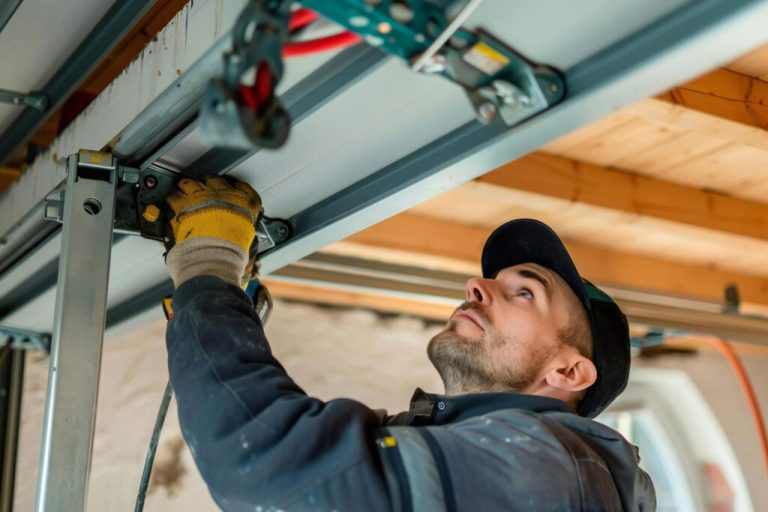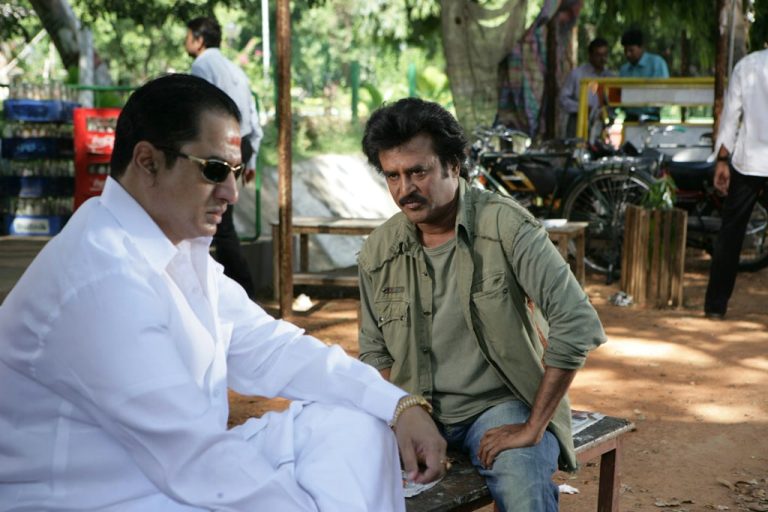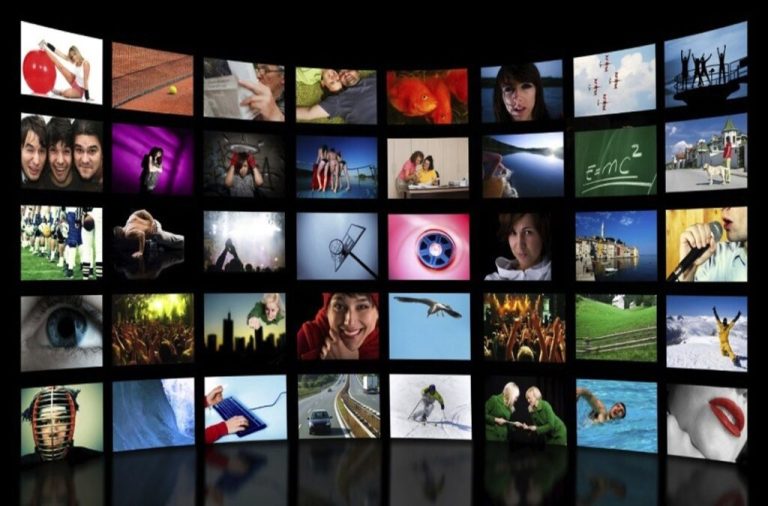
Medical courier services play a crucial role in the healthcare industry by ensuring the timely and secure delivery of medical supplies, laboratory specimens, and pharmaceuticals. The efficiency and reliability of these services are increasingly dependent on advanced technologies.
1. Real-Time Tracking Systems
One of the most significant advancements in medical courier services is real-time tracking. Using GPS and RFID technology, these systems allow both couriers and clients to monitor the precise location of shipments. This capability not only enhances transparency but also ensures that sensitive medical items are transported within the required timeframes. Real-time tracking helps in mitigating risks associated with delays, loss, or theft of critical medical materials.
2. Temperature-Controlled Technology
Many medical shipments, such as vaccines, blood samples, and certain medications, require strict temperature controls to maintain efficacy. Advanced temperature-controlled technology, including refrigerated vehicles and temperature-monitored packaging, ensures that these items are kept within specified temperature ranges throughout the medical courier journey. This technology often includes integrated sensors that provide real-time data on temperature fluctuations, allowing for immediate intervention if needed.

3. Electronic Data Interchange (EDI)
Electronic Data Interchange (EDI) is a technology that facilitates the seamless exchange of data between medical courier services and healthcare providers. EDI systems allow for the automatic transfer of important information such as shipment details, delivery instructions, and billing data. This reduces the risk of errors and administrative overhead while improving the overall efficiency of the logistics process.
4. Automated Dispatch Systems
Automated dispatch systems utilize algorithms to optimize delivery routes and schedules. These systems consider factors such as traffic conditions, delivery windows, and vehicle availability to create the most efficient routes for couriers. By minimizing travel time and maximizing productivity, automated dispatch systems help ensure timely deliveries and reduce operational costs.
5. Mobile Apps and Communication Tools
Mobile applications are integral to modern medical courier services. They provide couriers with essential information such as pickup and delivery locations, client instructions, and real-time updates. Additionally, communication tools integrated into these apps allow for instant messaging between couriers and dispatchers. This real-time communication helps address any issues that may arise during transit and keeps all parties informed.
6. Advanced Security Measures
Security is paramount in medical courier services, and technology plays a crucial role in safeguarding shipments. Advanced security measures include encrypted tracking systems, secure access controls, and surveillance cameras in vehicles and warehouses. These technologies help prevent unauthorized access and ensure the integrity of sensitive medical items.
7. Data Analytics and Reporting
Data analytics tools are used to analyze and report on various aspects of the delivery process. By examining data such as delivery times, route efficiency, and customer feedback, medical courier services can identify areas for improvement and implement strategies to enhance performance. Analytics also aid in predicting trends and optimizing resource allocation.
8. Drones and Autonomous Vehicles
The use of drones and autonomous vehicles is an emerging trend in medical courier services. Drones can be used for delivering small, urgent medical supplies quickly over short distances, while autonomous vehicles have the potential to revolutionize logistics by reducing the need for human drivers and increasing delivery efficiency. Though still in the early stages of adoption, these technologies hold promise for the future of medical courier services.







